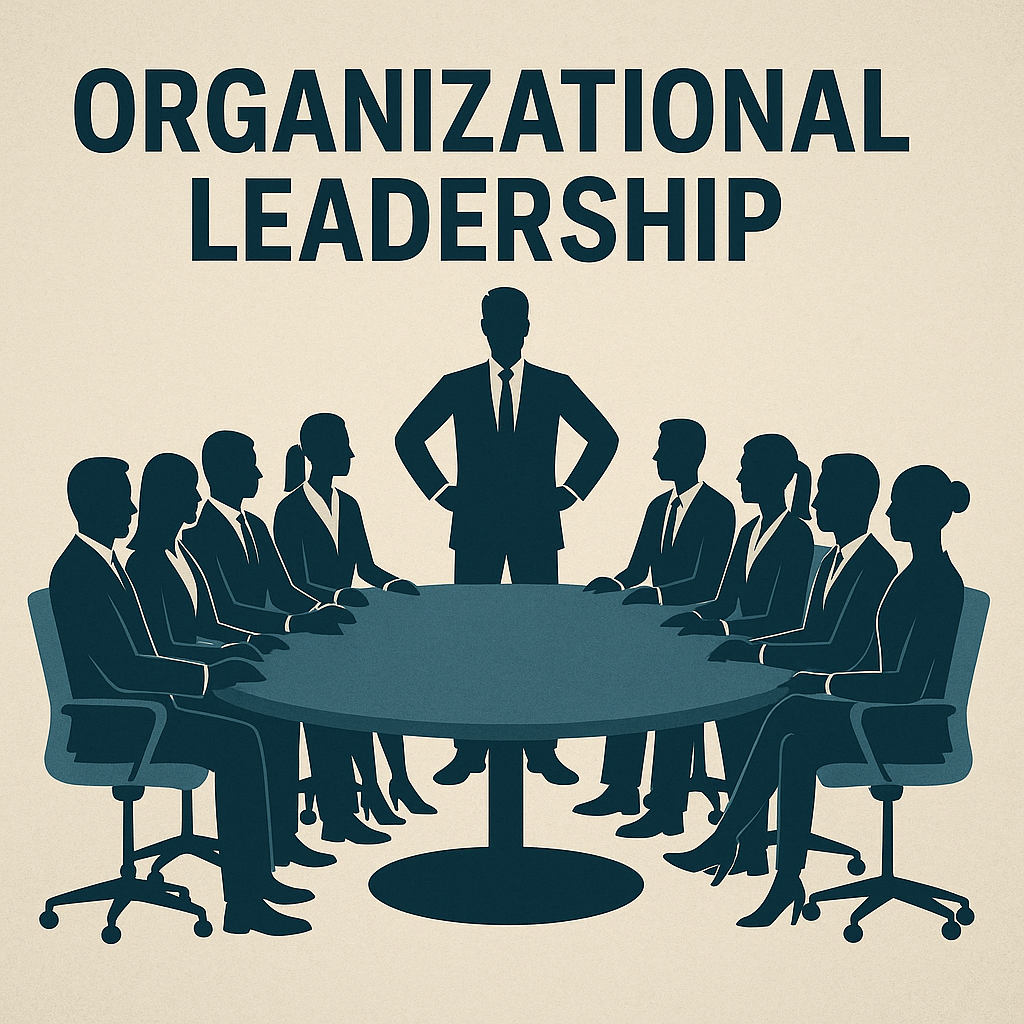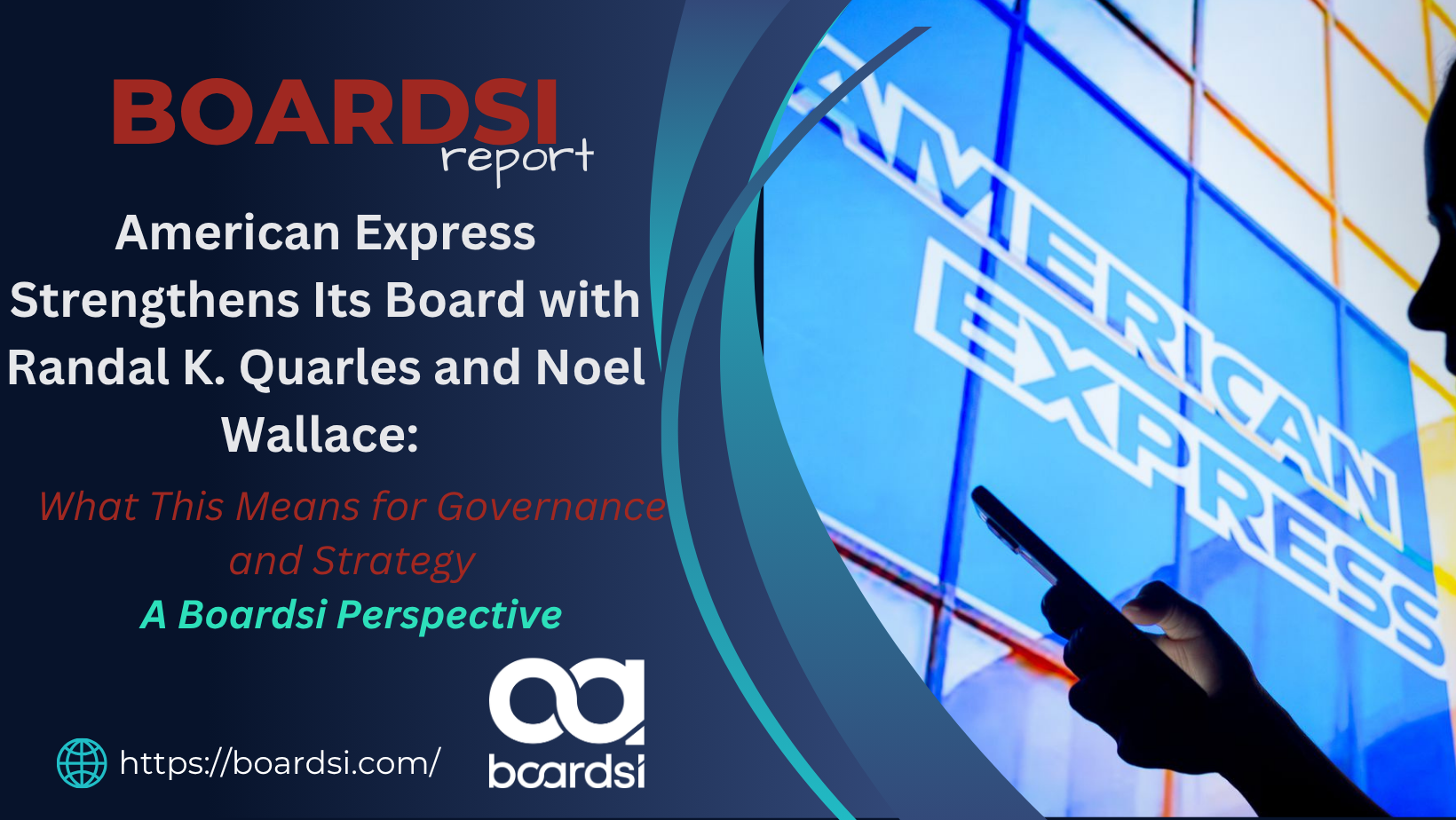A few years ago, I sat across from a CEO who had just laid off a third of his workforce. He wasn’t tearful. He wasn’t angry. He was numb. “I did what I had to do,” he told me. But beneath his businesslike veneer, I saw it: the shame, the fear, the self-protection.
He wasn’t lacking logic. He was lacking language—the language of empathy.
What we often get wrong
Empathy gets mislabeled in corporate culture. It’s called soft. Emotional. Feminine. Weak.
But here’s what I know after a decade immersed in the study of shame, courage, and connection: Empathy is the greatest disruptor of fear in leadership. It’s the antidote to disconnection. And it is the most strategic, resilient, and radically human choice any executive can make.
When we lead without empathy, we lead from scarcity: not enough time, not enough results, not enough certainty. But when we lead with empathy, we create space—for accountability, for performance, and yes, for the hard conversations.
Empathy and accountability are not opposites
This is where people often flinch: “If I lead with empathy, won’t people take advantage of me? Won’t I lose control?”
No. Empathy doesn’t mean rescuing people. It doesn’t mean coddling them or tolerating toxic behavior. Empathy is about connection before correction. It’s sitting with someone’s experience before trying to fix it.
Executives who lead with empathy ask: “What’s going on for you?” before asking, “Why didn’t you hit the target?” They understand that clear is kind—and that real feedback is impossible without trust.
The courage to be seen
Here’s the truth most of us don’t want to admit: It’s easier to look competent than to be vulnerable. But leadership isn’t about performance. It’s about presence. It’s about being brave enough to say, “I don’t have all the answers, but I’m here to listen.” Or “I got that wrong.” Or “How can I support you?”
Empathy is a skillset. You can learn it. You can practice it. But first, you have to do the inner work. You can’t give what you don’t have.
Start by asking: When was the last time I asked someone how they’re really doing—and stayed long enough to hear the answer?
A culture of courage
Empathetic leadership isn’t a trend. It’s a transformation. It’s the foundation of every brave culture—where people feel safe to show up, speak out, and try again.
You don’t build that culture by being the smartest person in the room. You build it by being the most present.
So if you’re an executive wondering how to show up differently, here’s your call to courage:
Listen more.
Judge less.
Hold space.
Name emotions.
Sit in discomfort.
Lead like a human being.
Because in the end, leadership isn’t about being invulnerable. It’s about daring greatly—with your team, your truth, and your heart.
#Empathy, #Leadership, #ExecutiveLeadership, #EmotionalIntelligence, #Vulnerability, #Accountability, #CorporateCulture, #LeadershipSkills, #Trust, #Connection, #Courage, #LeadershipDevelopment









